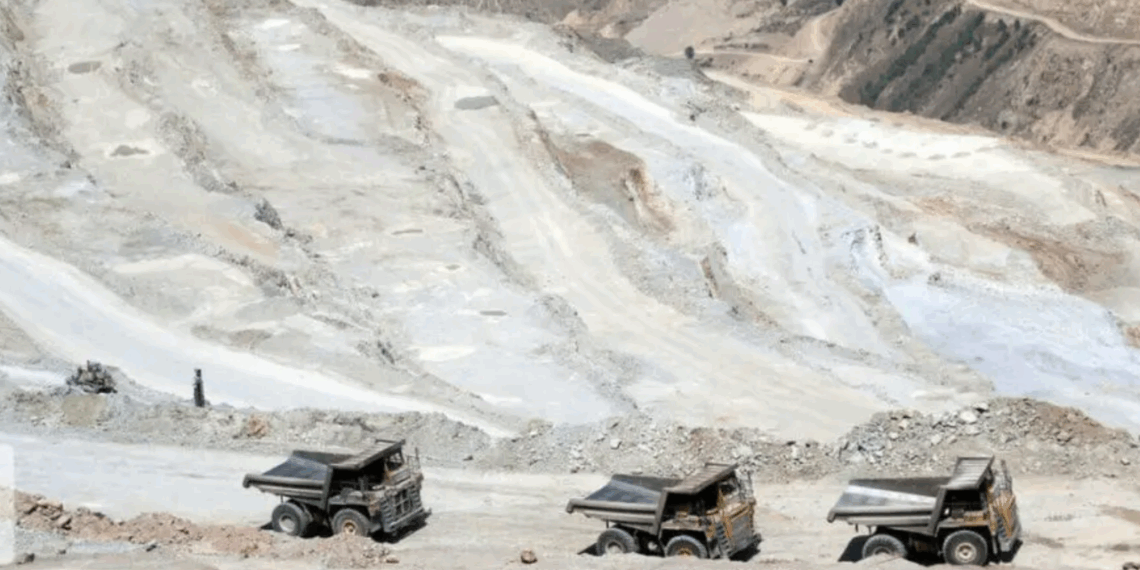TEHRAN (Realist English). Iran plans to invest $5 billion in Afghanistan’s iron ore sector, positioning itself for significant gains in steel production and deepening its strategic footprint in the region, according to a report by the state-run Fars News Agency. The announcement reflects growing economic and geopolitical coordination between the two neighbors.
Iranian Ambassador to Kabul, Alireza Bikdeli, described Afghanistan’s mineral wealth as a “strategic opportunity” for long-term bilateral cooperation. The new agreement includes a five-year framework for iron ore extraction and processing, with projected annual profits for Iran exceeding $1.2 billion.
The deal is structured to generate high returns: Iran will import Afghan iron ore at approximately $100 per ton, refine it domestically, and sell it as steel at nearly $600 per ton — a potential sixfold profit margin. The investment is expected to elevate Iran’s global position in the steel market.
Citing Afghanistan’s Ministry of Mines, Iranian media noted that Iran has already invested $2.3 billion in Afghanistan’s mining industry over the past several years. The new injection of capital is seen as a strategic extension of that effort.
According to IMNA, access to low-cost Afghan raw materials could increase Iran’s steel market share in Asia by 20%, potentially lifting its global ranking from tenth to sixth. Tehran’s interest in Afghanistan’s untapped resources mirrors similar moves by China and Russia, who are also seeking deeper economic stakes in the country.
Bilateral relations between Iran and Afghanistan have expanded notably in recent years. With weakened trade ties between Kabul and Islamabad, Tehran has moved quickly to fill the vacuum — resulting in an estimated $4 billion in annual trade between the two countries.
To facilitate this integration, Iran has granted border provinces full authority to pursue cross-border economic initiatives with adjacent Afghan regions. One such step is the planned opening of a new Iranian consulate in Farah province, underscoring Tehran’s intent to entrench itself in Afghan local governance and trade corridors.
Analysts view the move as part of a broader Iranian effort to convert economic ties into regional influence, leveraging infrastructure, resource extraction, and provincial diplomacy. Despite lingering concerns over governance and human rights under Taliban rule, Tehran appears committed to long-term engagement — betting on economic integration as a lever for political relevance in post-withdrawal Afghanistan.


















